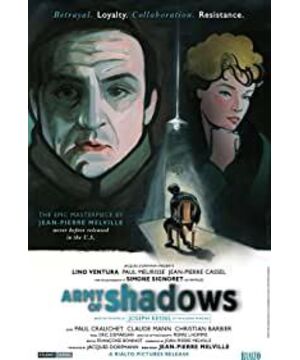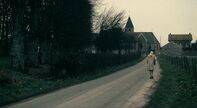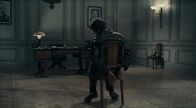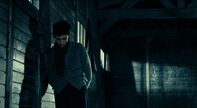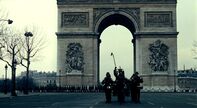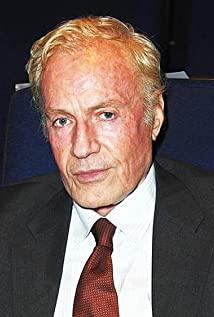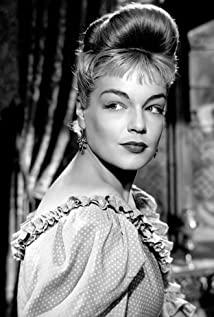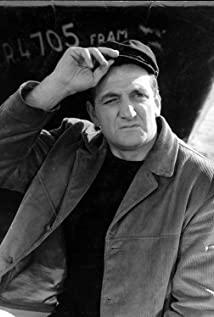Although the film is adapted from a novel, it has many connections with the director's personal experience. The director said: "Based on this tragic story about the Resistance, this excellent documentation on the Resistance, I have created such a dream-like retrospective, a nostalgic pilgrimage that leads It brings us back to the era that deeply penetrated into the hearts of our generation. On October 20, 1942, I was 25 years old. I started serving in the military at the end of October 1937, and I have spent 3 years in the military since then. One year I spent in the war and the other two years in the resistance struggle. Trust me, this experience shapes a person. The war years are terrible, terrifying, and at the same time, Incredible!"
Compared with the successful rural guerrilla warfare in China, the urban resistance movement in France was significantly more ruthless. The disadvantage of the city is that it is not easy to hide, the crowds are dense, it is easier for the enemy to set up levels around, and there is a natural sense of distance between the urban crowds. Even the comrades who fight side by side must always beware of the danger of betrayal. This kind of environment is of course different from the sunny and simple countryside. The pressure in everyone's heart is naturally the starting point of the film's ruthlessness.
It was not until the end of the film that the director vented his emotions a little, and his comrades lost control of their emotions, almost disobeying the superior's order and killing the superior. Indeed, emotionally speaking, friends and comrades who were fighting side by side the day before, will be ordered to kill themselves on this day, which will indeed make people feel this impulse. However, the resistance movement is like that, and there is no room for you to have any tenderness. The execution of the handsome young man at the beginning and the shooting of Mathilde at the end just form a contrast between before and after. The killings go on, and as long as the war is on, the hatred will keep spreading.
The strong and great Mathilde's last eyes were first surprised, then hesitant, and finally full of determination, which proved that she should have come out with a heart to die. The subtitles at the end of the film also bring people's hearts to a colder place. All the members of the resistance group in the film died one by one. This kind of ending seems to be inevitable, either by being killed by the enemy or by one's own people. Once you set foot on this road, the end is doomed.
The tragic significance of the resistance movement in France and the countries in the occupied areas of Europe at that time is that, until the end of the final war, the resistance movement did not win a single victory. What is the point of resistance? Maybe as long as you resist and persist, this spirit is the reason people will remember it. As long as they are fighting for freedom, they are heroes regardless of the outcome.
--------------------
Ps: One of the two most favorite scenes in the director's life is the scene at the beginning of the film, the director said: "In order to dub that scene , I used the footsteps of real Germans walking. Because that feeling is inimitable. The idea of filming German troops marching down the Champs Elysees is crazy. Even now, I can't believe I really Went to shoot this shot.…because there was a convention in this regard, going back to the First World War, when there was a rule prohibiting actors from wearing German uniforms across the Champs-Elysees. There was a German who was willing to spend Bought that footage from me at a premium price, because in all the German copies, the army marching scene is in black and white."
"It cost 25 million to shoot what was probably the most expensive shot in French cinema history. Old Franc. I was initially given permission to rehearse the scene on Rue de Iena. At 3am, the whole street was regulated in traffic, completely lit by gas lights, and people in military uniforms started lining up the street. It was a dream The scene, as shocking as the scene from a Wagner musical, is really not what a movie can do. I swear to you, I was overwhelmed. Then I started to worry....I wondered when What happens when I shoot this scene on the Champs-Élysées at 6 in the morning."
"Of all the shots I've ever shot in my life, there are only two I'm really proud of: this one. And another shot I did in 1962's 'Le Doulos' (Le Doulos) at 9 minutes 38 seconds."
View more about Army of Shadows reviews


